The relationship between exercise and hormonal balance is intricate and multifaceted. Can you achieve happy hormones through proper exercise? If you are a female, let's find out the hormonal connection to balance hormones with exercise.
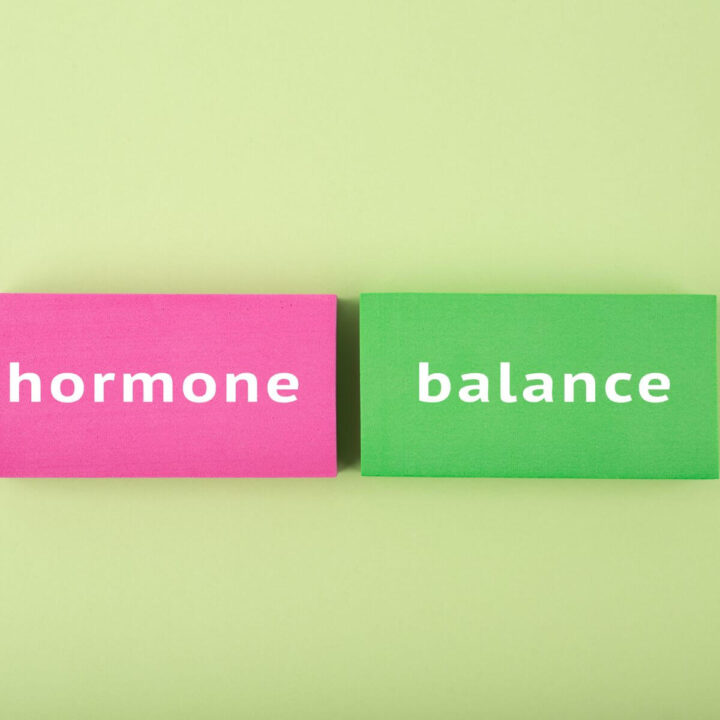
Table of Contents
⚖️ Balancing My Hormones Through Exercise
Hormonal health is a cornerstone of overall well-being, influencing various bodily functions such as metabolism, immune response, and reproductive health.
In this article, we discuss the science behind how exercise can influence hormones, and explore the delicate balance required to optimize hormonal health.
🧡 Hormones and Their Role in the Body
Hormones act as messengers, coordinating physiological processes throughout the body. Key hormones include insulin, cortisol, estrogen, testosterone, and thyroid hormones.
Maintaining hormonal balance is vital, as even slight imbalances can lead to a range of health issues, from hormonal weight gain, mood swings to chronic diseases.
💛 Exercise-Hormone Connection: Finding the Goldilocks Zone
Exercise is a potent stressor that elicits adaptive responses in the body. Moderate exercise, in the "Goldilocks zone," triggers hormesis-an adaptive process where controlled stressors yield positive health benefits.
However, both too much and too little exercise can disrupt hormonal balance. Striking the right balance is essential for optimal hormonal health.
Hormonal Response To Exercise
Exercise influences hormones through various mechanisms. During aerobic exercise, insulin sensitivity improves, aiding glucose uptake by cells.
Resistance training stimulates testosterone production, contributing to muscle growth. Cortisol, the stress hormone, increases during exercise, but typically returns to baseline after exertion.
However, chronic stress from excessive exercise can elevate cortisol levels long-term.
Too Little Exercise: The Effects On Hormones
A sedentary lifestyle is associated with detrimental effects on hormonal health. Reduced physical activity contributes to insulin resistance, leading to imbalanced blood sugar levels. Cortisol levels may remain chronically elevated due to lack of stress-reducing exercise.
Additionally, sedentary behavior is linked to disrupted sex hormone production, impacting reproductive health.
⁉️ How Can Excessive Exercise Affect Your Hormones?
We're all aware of the age old saying "too much of a good thing is a bad thing", and that holds true even for exercise.
The endocrine system is responsible for producing and regulating hormones that control numerous physiological processes in the body. Excessive exercise can have significant effects on the endocrine system, leading to dysregulation of various hormones.
Cortisol
Intense and prolonged exercise stress can lead to elevated levels of the stress hormone cortisol. While acute increases in cortisol are normal during exercise, excessive exercise without sufficient recovery can cause chronically elevated cortisol levels.
This can lead to muscle breakdown, reduced immune function, and disruptions in other hormone systems.
Testosterone
Initially, testosterone levels may rise during and after intense exercise as a response to the physical stress.
However, chronic overtraining can lead to a decline in testosterone levels, potentially impacting muscle growth, repair, and overall energy levels.
Growth Hormone
Intense exercise can stimulate the release of growth hormone, which is essential for muscle growth, repair, and overall tissue maintenance.
However, excessive exercise can lead to diminished growth hormone secretion, impairing the body's ability to recover and adapt.
Thyroid Hormones
Overtraining can negatively affect thyroid function by disrupting the hypothalamic-pituitary-thyroid axis. This can result in reduced production of thyroid hormones (T3 and T4), leading to a slower metabolism, fatigue, and even potential weight gain.
Reproductive Hormones
Overtraining can impact reproductive hormone levels, particularly in females. Women may experience disruptions in their menstrual cycles due to alterations in estrogen and progesterone levels, leading to irregular periods or even amenorrhea (absence of periods).
Listening to your body is crucial for preventing the negative hormonal consequences of excessive exercise!
If you want happy hormones, it is key to balance the amount and type of exercise that you do.
Too Much Exercise: Hormonal Imbalances and Overtraining
Overtraining syndrome results from excessive exercise without sufficient recovery. Prolonged overtraining can lead to hormonal imbalances, particularly elevated cortisol levels.
📥 GET THIS RECIPE IN YOUR INBOX 📥
Chronically elevated cortisol negatively affects immune function, metabolism, and sex hormone production.
Inflammation and oxidative stress are heightened due to too much exercise, further disrupting hormonal equilibrium balance in females.
💚 Best Types of Exercise for Balancing My Hormones
Aerobic Exercise
Engaging in moderate-intensity aerobic activities, such as brisk walking, jogging, or cycling, can improve insulin sensitivity and support hormonal balance. Aim for at least 150 minutes per week to reap these benefits.
Resistance Training
Incorporate strength training exercises using weights or resistance bands. Resistance training enhances muscle growth and supports healthy testosterone levels, which are essential for both men and women.
Yoga and Mindfulness
Practices like yoga and mindfulness-based activities reduce cortisol levels, promoting relaxation and stress management. The mind-body connection established through these practices contributes to hormonal harmony.
Interval Training
High-Intensity Interval Training (HIIT) alternates short bursts of intense exercise with periods of lower intensity or rest.
HIIT can enhance insulin sensitivity and stimulate growth hormone release, supporting metabolic health.** make sure to not include too much HIIT into your exercise routine.
Flexibility Exercises
Activities like stretching and flexibility-focused workouts enhance blood flow and promote relaxation. These exercises complement aerobic and strength training, contributing to holistic hormonal health.
✅ Finding the Balance: Exercise Recommendations for Hormone Health
Moderate exercise is key to supporting hormonal balance. Aim for 150 minutes of moderate-intensity aerobic activity weekly, complemented by resistance training and flexibility exercises.
Balancing exercise types prevents excessive stress on specific systems, fostering holistic hormonal health. Prioritize post-workout recovery, as sleep and rest days aid hormone restoration.
Personalized Approach: Listening To Your Body
Individual responses to exercise vary. Pay attention to signs of overtraining, such as persistent fatigue, decreased performance, and mood changes. Tailor exercise routines to personal needs and preferences.
Consult with a functional doctor, who can assess your hormonal health and design personalized exercise plans.
💜 Case Studies: Real-Life Examples
Margaret Ann, a 28-year-old professional, experienced irregular periods and fatigue. An assessment revealed overtraining and elevated cortisol levels.
A tailored plan reduced exercise volume, integrated stress-reducing practices, and improved hormonal balance, leading to regular cycles and increased energy.
😊 Proper Exercise Balance Equals Happy Hormones
The interplay between exercise and hormonal health is intricate and dynamic. Striking the balance between too much and too little exercise is vital for optimal well-being.
By understanding the scientific mechanisms behind exercise's impact on hormones, individuals can make informed choices to promote hormonal balance, overall health, and vitality.
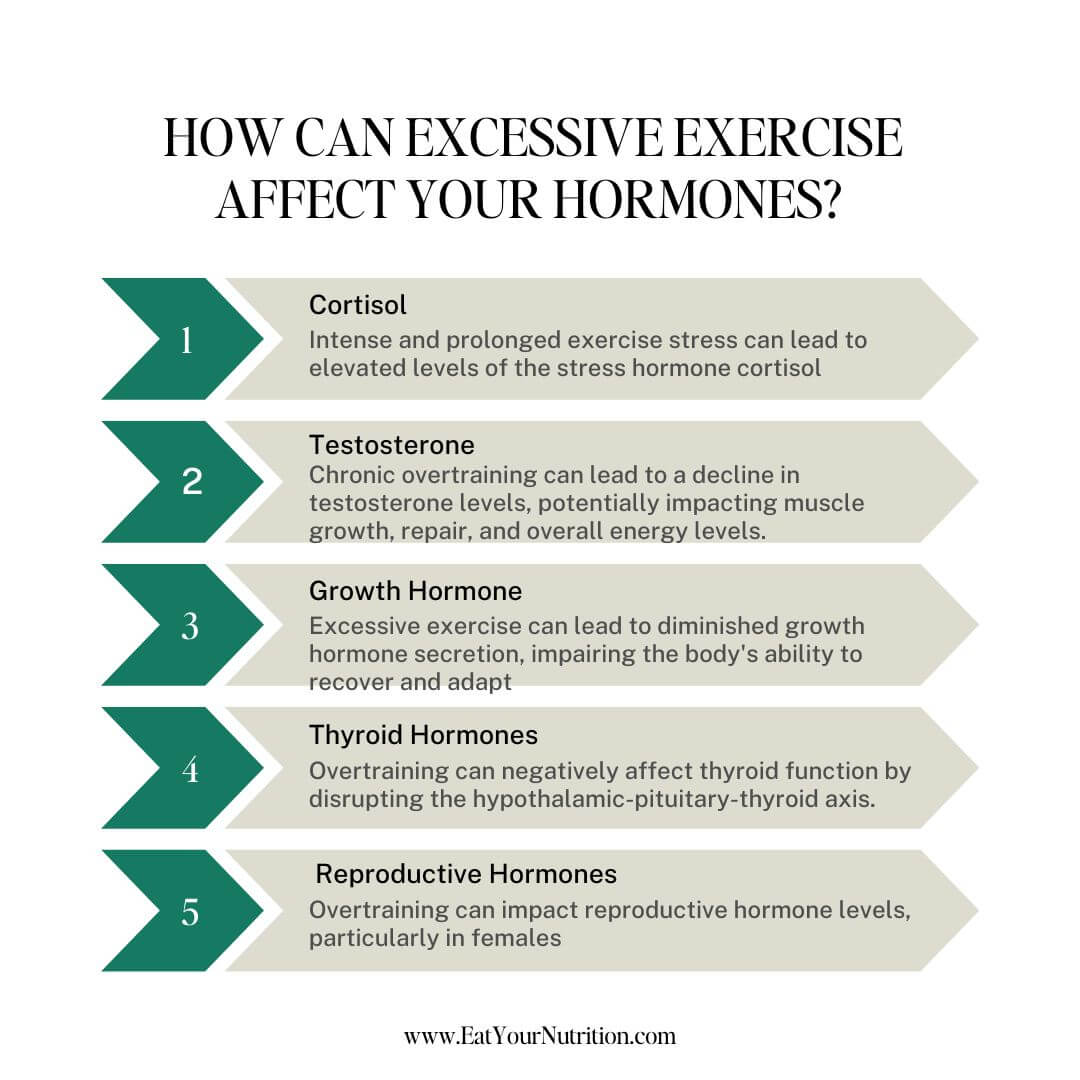
🗣️ So, Let's Discuss Effective Types of Exercise for Balancing My Hormones
Did the connection between exercise for hormonal balance for a female surprise you? Share your experiences in the comments below?
You can also connect with me @EatYourNutrition on Instagram. I love seeing your photos. #EatYourNutrition #LauraVillanueva
ADDITIONAL RESOURCES
Also, for further reading and guidance on exercise's impact on hormonal health, consider exploring the following resources for happy hormones:
- Book: "The Hormone Cure" by Dr. Sara Gottfried
- Article: Hormonal Responses to Exercise and Training:
- Join the 3-Week Paleo Nutrition Challenge - Expert advice on naturopathic approaches to stress reduction and hormonal balance. Let's get rid of anxiety and balance those hormones with healthy eating.
- Support: Join my Reset & Renew Nutrition Program. Register here to learn about balancing your hormones.









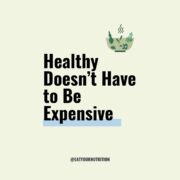





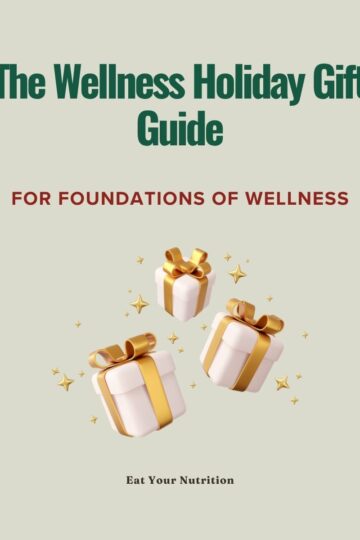

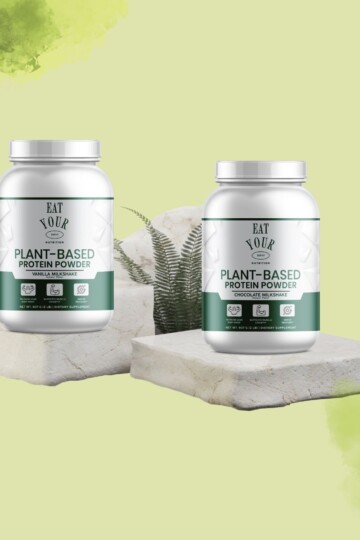

Comments
No Comments